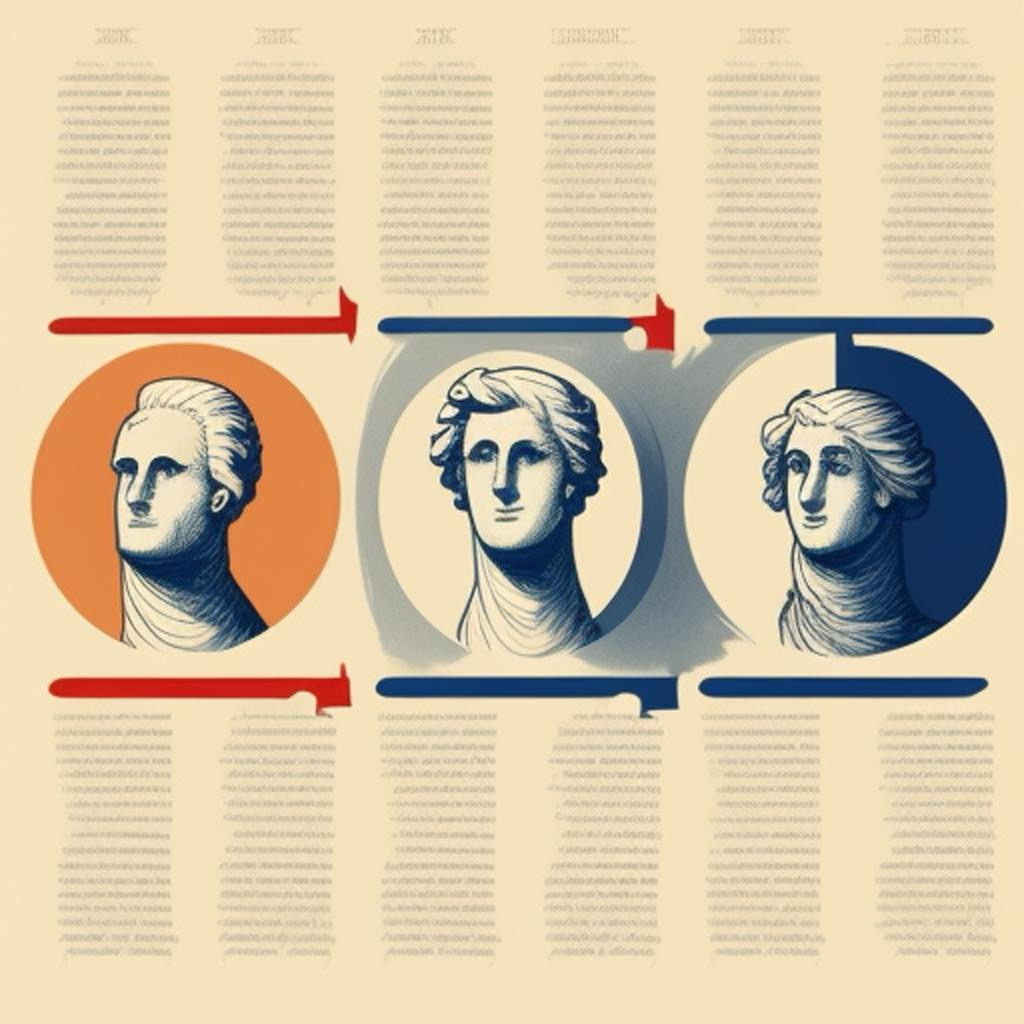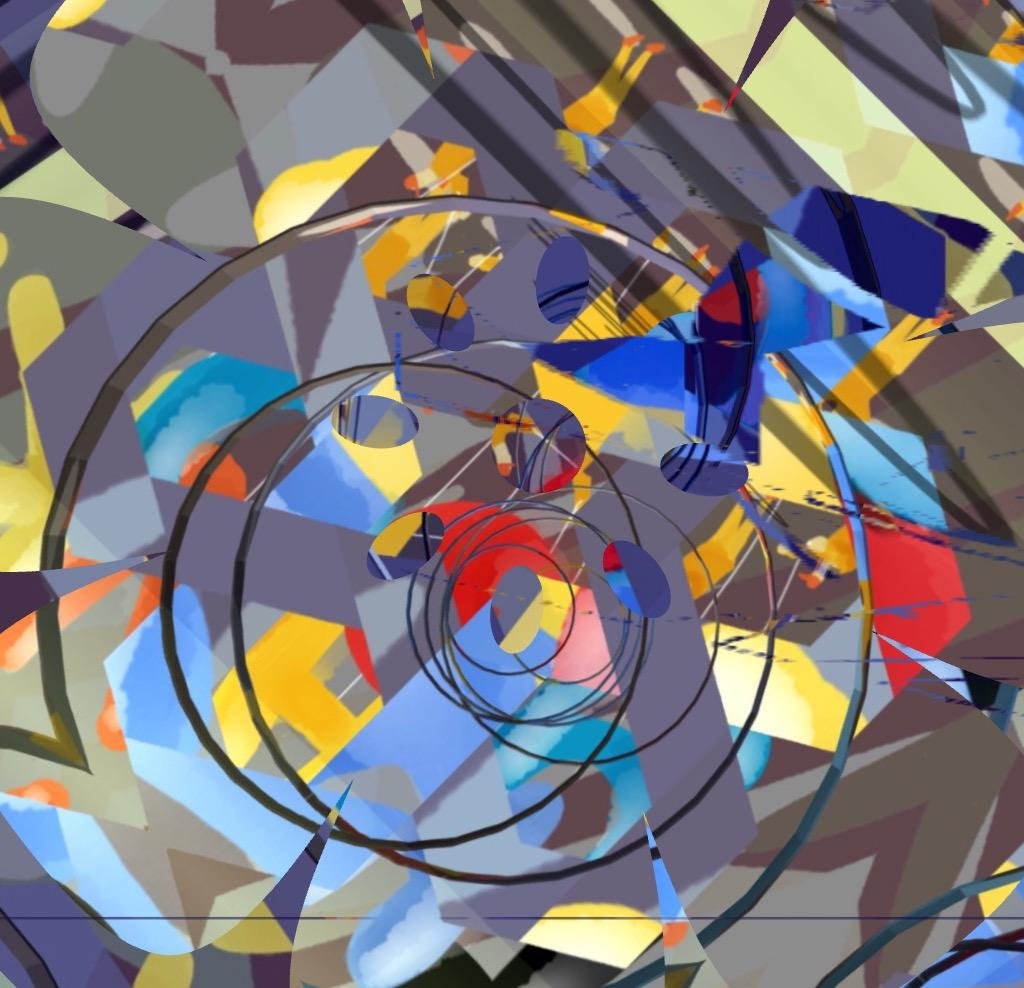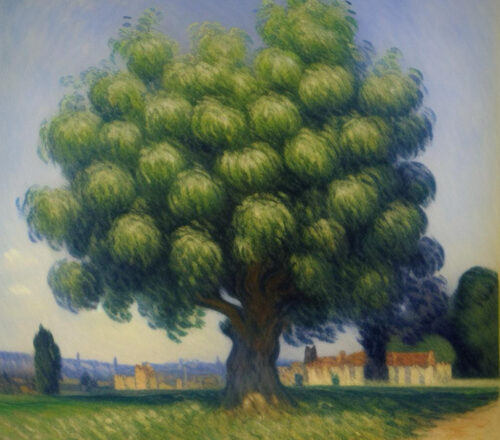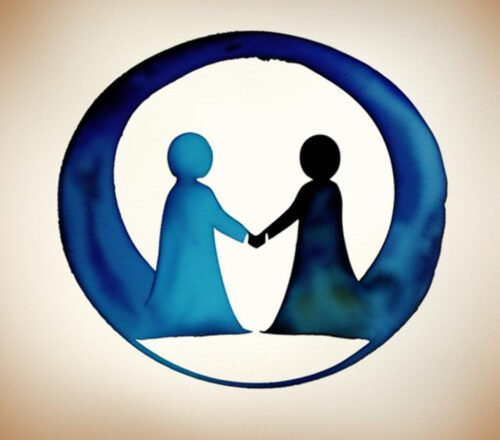
Table of Contents
From the French Revolution to the present:
A brief timeline of the essence of ideas on liberty in French philosophy from the French Revolution to the present:
French Revolution (1789-1799)
During the French Revolution, liberty was a central theme. The Declaration of the Rights of Man and of the Citizen (1789) asserted the natural rights of individuals, including liberty, and served as a foundational document for democratic principles.
19th Century
- In the 19th century, French philosophers continued to explore the concept of liberty.
- Alexis de Tocqueville’s “Democracy in America” (1835) discussed the challenges and benefits of liberty in a democratic society.
- Auguste Comte introduced the idea of a “Religion of Humanity,” which emphasized social order and altruism over individual liberty.
- French philosopher Victor Cousin promoted the idea of liberty within the context of spiritual and intellectual freedom.
- Pierre-Joseph Proudhon, a political philosopher, introduced the concept of “anarchy” as a means to achieve a society based on liberty and equality. He is known for his influential writings on liberty and property, famously stating, “Property is theft!” His work contributed to discussions on the relationship between liberty and property rights.
20th Century
- Existentialist philosophers like Jean-Paul Sartre and Albert Camus grappled with the tension between personal freedom and existential responsibility. He emphasized the idea of radical freedom, where individuals are condemned to be free, meaning they are ultimately responsible for their choices and actions.
- Jean-François Lyotard explored the impact of technology on individual liberty in the postmodern era.
- Philosopher Maurice Merleau-Ponty explored the relationship between freedom and embodiment, emphasizing the role of the body in our experience of freedom.
- Simone Weil’s writings touched on the importance of freedom in the context of social and political justice.
Post-World War II
- The existentialist tradition continued with thinkers like Simone de Beauvoir, who examined issues of gender and liberty.
- Michel Foucault’s work critiqued the relationship between power, knowledge, and individual freedom.
- Jurgen Habermas developed theories of communicative action, emphasizing the importance of rational discourse and the public sphere for liberty.
- The philosopher and sociologist Pierre Bourdieu explored the concept of “symbolic violence,” which refers to subtle forms of power and control that can limit individual liberty and agency.
- The structuralist and post-structuralist movements, led by figures like Roland Barthes, Jacques Derrida, and Michel Foucault, critiqued traditional notions of freedom and emphasized the role of language, power, and ideology in shaping our understanding of liberty.
21st Century
- Contemporary French philosophy continues to engage with issues of liberty in the context of globalization, technology, and human rights.
- Philosopher Martha Nussbaum’s capabilities approach has influenced discussions about human dignity and the conditions necessary for individual liberty.
- Questions of surveillance, privacy, and digital liberties have become prominent, with philosophers like Bernard Stiegler exploring these topics.
- French philosopher Étienne Balibar has examined the intersection of liberty, equality, and citizenship in contemporary political thought.
- The philosopher Emmanuel Levinas explored the ethics of responsibility and the limitations of individual freedom in the face of the Other.
- Contemporary French philosopher Alain Badiou has examined the concept of liberty within the context of political movements and revolutionary change. He emphasizes the importance of fidelity to universal principles in the pursuit of justice and liberty.
- French philosopher and sociologist Bruno Latour has engaged with ideas of liberty in the context of environmental ethics and the Anthropocene era, emphasizing the need to rethink human relationships with the natural world
This timeline provides a glimpse of how French philosophers have explored the concept of liberty over the centuries, examining its various dimensions and challenges in evolving social, political, and technological contexts. These points illustrate the breadth and depth of French philosophical thought on liberty, with philosophers exploring a wide range of issues, from property rights to existential freedom to contemporary challenges like environmental ethics.
Table summarizing key French philosophical ideas about liberty from various time periods and thinkers:
| Time Period | Key Thinkers | Ideas on Liberty |
| French Revolution (Late 18th Century) | Declaration of the Rights of Man and of the Citizen | Emphasis on natural rights, including liberty, in political and societal contexts. |
| 19th Century | Alexis de Tocqueville | Examination of liberty in democratic societies and its |
| Auguste Comte | implications for social order. | |
| Victor Cousin | Promotion of liberty in spiritual and intellectual contexts. | |
| Pierre-Joseph Proudhon | Introduction of the concept of “anarchy” for achieving liberty and equality. | |
| 20th Century | Jean-Paul Sartre | Exploration of radical freedom and individual responsibility. |
| Maurice Merleau-Ponty | Consideration of the role of the body in freedom. | |
| Simone Weil | Discussion of freedom within the context of justice. | |
| Existentialists (e.g., | Critique of traditional notions of freedom and emphasis on | |
| Simone de Beauvoir) | language, power, and ideology. | |
| Post-World War II | Michel Foucault | Exploration of the relationship between power, knowledge, |
| (Mid-20th Century) | Jurgen Habermas | and individual freedom, and the importance of rational |
| discourse and the public sphere. | ||
| Simone Weil | Examination of freedom in the context of social and political justice. | |
| Emmanuel Levinas | Exploration of the ethics of responsibility and the limits of individual freedom. | |
| 21st Century | Étienne Balibar | Examination of liberty, equality, and citizenship in modern |
| Alain Badiou | political thought, emphasizing fidelity to universal principles. | |
| Bruno Latour | Engagement with liberty in the context of environmental ethics and the Anthropocene era. |
This table provides a concise overview of key thinkers and their ideas about liberty across different historical periods and philosophical perspectives within the French tradition.
Shop corner
French philosophy On Amazon
Thank you for reading, shares and comments!
✨ Comment Policy ✨
We welcome thoughtful, kind, and constructive comments that contribute to meaningful conversations.
Please note:
- Promotional links and unsolicited offers will be removed.
- Spam, irrelevant content, or self-promotion without prior permission will not be published.
- We value quality engagement over quantity — thank you for helping us keep this a respectful and inspiring space!
Sources openai Language models, aitrot, picsart and mib
Take time to learn
Invest in your future
Embark on a journey into the realm of affiliate marketing and craft your own website within a vibrant, supportive community. Join me in this adventure, where you can begin as a free starter and stay as long as you desire. Enjoy complimentary hosting and foundational teachings to set you on your path. For those with advanced skills, opportunities to elevate your expertise await. Take a moment to explore and witness the magic for yourself!




